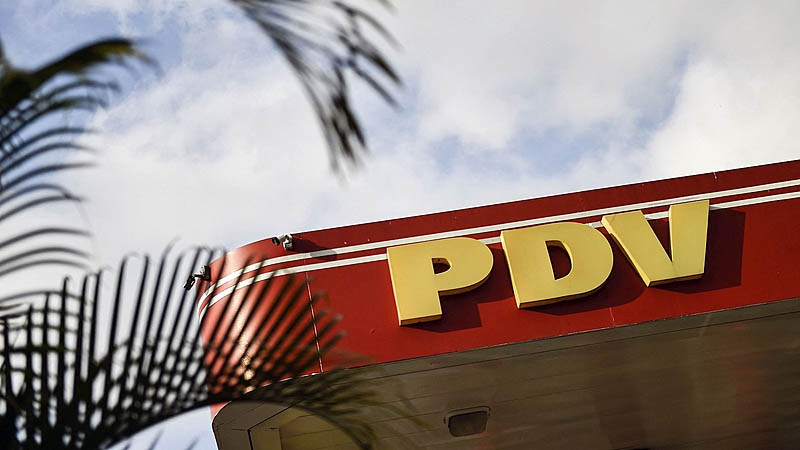An operation led by the Anti-Corruption Police and the Public Prosecutor’s Office has hit the Venezuelan political scene hard. The authorities are investigating alleged cases of corruption on the part of judges, mayors, governors, and especially the leaders of PDVSA, Venezuela’s state-owned oil company.
After several arrests made since last Friday, March 17, the Minister of Petroleum, Tareck El Aissami, resigned from his position and President Nicolás Maduro promised to restructure the company “at the highest levels of command.”
The incident has provoked a crisis in the sector, which had been struggling to recover economically after years of low productivity and sanctions imposed by the US. On Tuesday night, March 21, Maduro announced that the newly appointed director of PDVSA, Pedro Tellechea, will also be the country’s new oil minister.
Who was arrested?
On Sunday, March 19, the Police released the first list of detainees, with four names: Cristóbal Cornieles Perret and José Mascimino Marquez, judges in Caracas; Pedro Hernández, mayor of the municipality of Las Tejerías; and Joselit Ramírez, director of the Venezuelan Cryptoactive Superintendence (Sunacrip).
Attorney General, Tareck William Saab said in an interview with Radio Onda last Monday that other arrests would be made in the coming days, however, the Attorney General’s office and the police have not released information about new arrests.
On Tuesday, the president of the Legislative Assembly, Jorge Rodriguez, said that 19 people had already been arrested, but did not offer details.
Besides the four detainees officially announced by the Anti-Corruption Police, six other names of people who had been arrested were reported by the Venezuelan press and at least one was confirmed by the Parliament itself: Deputy Hugbel Roa, from the ruling PSUV party.
Roa’s arrest had already been announced by local newspapers on Sunday night, but in a session held on Tuesday, the National Assembly confirmed that the deputy was being held on suspicion of corruption and approved the withdrawal of his parliamentary immunity.
Citing a “source connected to the investigations,” the AFP agency points out that Roa had ties to the former governor of Sucre, Edwin Rojas, who was also reportedly arrested. Both were partners of businessman Alejandro Arroyo, former president of the Mineros de Guayana soccer club.
The local press cites some names of PDVSA employees who have also been arrested, although these arrests have not been confirmed by the authorities. According to the daily Tal Cual, Antonio Pérez Suárez, vice president of Commerce and Quality Supply, Samuel Testamarck, general manager of the subsidiary PDV Marina, and José Agustín Ramos Chirinos, manager of Loss Prevention and Control, are under arrest.
On Monday, the operation started to reach the private sector as well. According to the Venezuelan website La Tabla, businessman Rafael Rodríguez Perdomo, one of the owners of the construction company HP, is among the people who were arrested by the Anti-Corruption Police.
In a statement, the company, which is responsible for several developments in the upper middle-class neighborhood of Caracas called Las Mercedes, denied involvement in any case of “corruption or influence peddling, illegal use of capital or financing of political organizations and political leaders.”
What are the charges?
According to the statement issued by the Anti-Corruption Police last on Friday March 17, the suspects may be involved in “serious acts of administrative corruption and misappropriation of funds.”
In addition, the document states that the cases investigated would have occurred “in the Judiciary, in the oil industry and in some municipalities of the country,” without making it clear if all are part of the alleged scheme.
On the night of March 20, President Nicolás Maduro called a party meeting and gave statements about the operation. In addition to promising to “clean up” PDVSA, the president mentioned some cases, such as that of Pedro Hernández, mayor of Las Tejerías, and accused him of having ties to criminal groups.
“It is fully proven in the investigations his direct link with the criminal group of the murderer known as ‘el Conejo’, his links, his business, it’s an incredible thing,” he said. Carlos Enrique Gómez Rodríguez, known as “el Conejo,” is wanted by the police on charges of murder and gang formation.
This article was first published in Portuguese on Brasil de Fato.





